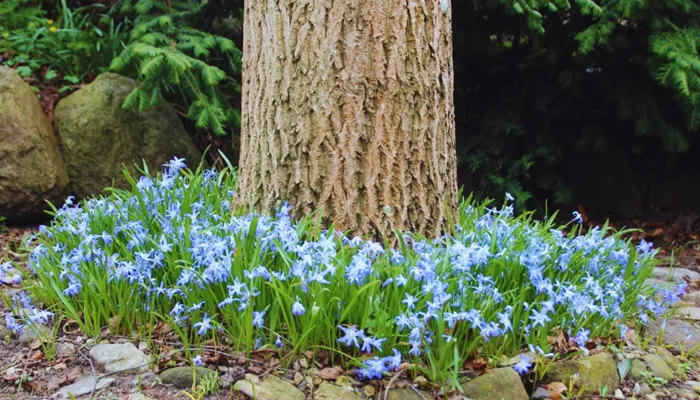TUCSON, Ariz. (KGUN) — Tucson has experienced an unprecedented 112 days of temperatures at 100 degrees or higher this year. This marks the highest number of such days recorded since the National Weather Service began tracking data in 1895.
The extreme heat is affecting more than just the residents; local desert plants are showing signs of stress. The Tucson Botanical Gardens, situated in Midtown near Grant and Alvernon, is home to a variety of plant species, all of which are feeling the effects of the relentless heat.
Just like humans, plants can suffer from sunburn, dehydration, and heat stress, which can be fatal if conditions do not improve. Adam Farrell-Wortman, the Director of Horticulture at the gardens, oversees the health of these plants.
“I’m actually a little concerned because of the heat we had at the end of the season,” Farrell-Wortman stated.
This fall, Tucson has broken or tied daily heat records on 19 of the 20 days from late September to mid-October. The city also recorded its latest date for temperatures exceeding 105 degrees.
Farrell-Wortman warned that some damage to the plants may not be apparent until next year. He explained that heat stress can result from extreme temperatures or significant temperature swings. Last month’s brief cooler weather prompted plants to prepare for fall, only to be disrupted by the current historic heat wave, which has altered the garden’s watering schedule.
“Plants need a break from the high heat to metabolize and photosynthesize effectively,” he added.
Fortunately, Tucson typically enjoys cooler overnight temperatures compared to other regions in Arizona. Farrell-Wortman expressed greater concern for saguaros in the Phoenix area, which has also faced record heat this fall and often experiences temperatures 10 to 15 degrees higher than Tucson.
He also emphasized that cities like Tucson can take proactive measures to mitigate the impacts of rising temperatures.
“By increasing shade and planting more trees, we can begin to lessen the effects of global temperature increases,” he suggested.
Even the world’s most resilient and heat-resistant plants are feeling the strain in these extreme conditions.
Related topics:
- Minocqua Florist Spreads Joy by Giving Out Flowers in ‘Petal It Forward’ Initiative
- Over 20% of Earth’s plant species are unique to islands, and we must act quickly to protect them
- Caring for Your Plants This Winter: Tips for a Thriving Garden


